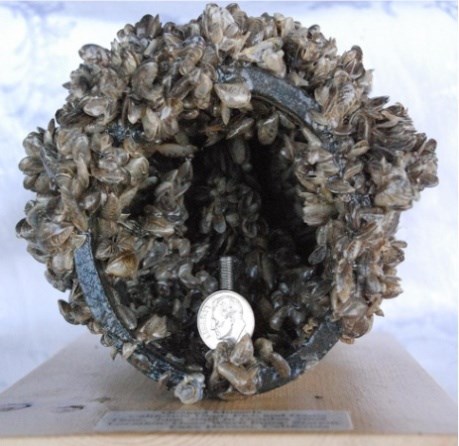Last updated: April 11, 2017
Article
Stop Aquatic Invaders

NPS Photo
Aquatic invasive species may cause the decline of native fish like the Yellowstone cutthroat trout and have indirect impacts on species like eagles, ospreys, pelicans and bears that need these fish as source of food. Not all non-native species are considered invasive, but even non-native species that are considered desirable under some situations may have unintended impacts on native species and other park values.
Aquatic invasive species, including fish, snails, mussels, algae and disease are primarily spread from water to water by human activity, often on boats, fishing gear or other recreational equipment. The good news is, you as a visitor to park waters, can help stop aquatic hitchhikers.
Do your research. Find out about the different types of aquatic invaders threatening your park, their potential effects, and how to prevent their spread.
Practice Clean, Drain, Dry Procedures. Always follow these procedures when fishing, boating or taking part in any recreational activities in the water.
- Inspect and clean off any visible aquatic plants, animals, and mud from all equipment before leaving water access.
- Drain motor, bilge, livewell, and other water containing devices before leaving water access.
- Dispose of unwanted bait, worms, and fish parts in the trash. When keeping live bait, drain bait container and replace with spring or dechlorinated tap water.
- Never dump live fish or other organisms from one water body into another.
- Dry everything for five days or more or wipe with a towel before reuse.
Garden responsibly. Choose regionally-native or non-invasive plants and animals for water gardens.
Be smart about your bait. Don't release bait fish or unwanted pets into the wild. Trade or give to another hobbyist, school or pet/bait store.
Learn more on the Aquatic Invasive Species page.
